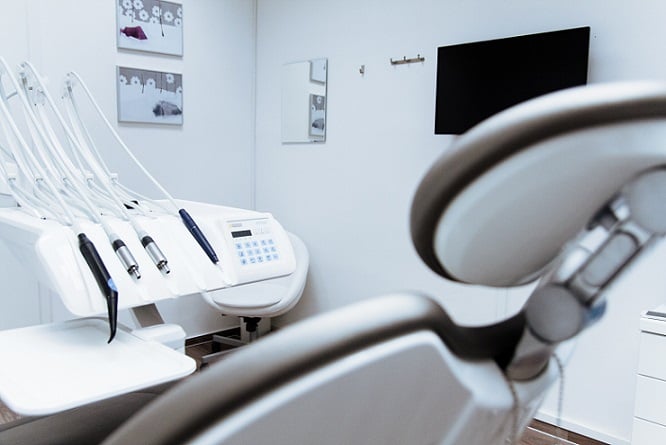
If you are a recent dental school graduate or perhaps an associate dentist working for someone else and are thinking about purchasing a dental practice, there are some important factors to consider. Buying a dental practice instead of starting your own can be rewarding and provide you a waiting-room full of patients, the equipment you need, and reliable employees on your first day in the office.
On the other hand, the purchase can be a shattering experience full of expensive disappointments if you buy the practice without first conducting due diligence. Your due diligence work comes after your letter of intent to purchase has been accepted, but before you enter into a purchase agreement.
There are three types of due diligence:
This blog focuses only on legal due diligence.
An experienced dental lawyer can perform legal due diligence which helps you be sure the practice you are purchasing is on firm legal footing and in good legal standing with federal and state agencies. Legal due diligence is about finding out as much as possible about what you are buying so as to minimize your legal risks.
Obtain a list of all assets and liabilities that are included in the sale of the practice. You need to know exactly what you are purchasing. Examples of assets are the equipment, all inventory, trademarks, intellectual property, accounts receivable (potentially), and real property either leased or owned. Although you would typically purchase a practice lien free, it is important to know what liabilities/expenses exist including bank loans, employee benefits and bonuses, any licensing fees that might apply, any pending or threatened lawsuits and more.
Review all legal documents relevant to the practice. This includes all corporation documents if the practice is incorporated or, if it is a limited liability company (LLC), it is important to review all relevant LLC material. Please remember that not all states allow dentists to own a dental practice through an LLC.
It is also important to review any ongoing contracts that you might have to assume after the purchase including marketing, service, and other similar agreements. Determine if they will be assigned to you on transfer of the practice, and if so, be sure there are not any obligations you will owe to them that may not be to your advantage.
Are there associates in the practice? If so, find out why they do not want to buy the practice. If the associate decides to leave the practice after the purchase, is there a non-compete clause or intellectual property agreement that will prevent the associate from leaving the practice and contacting patients to lure them away?
Review other important documents. Some examples of these include, but are not limited to:
Information about current staff. If the turnover rate is high, that is a red flag. Interviewing current staff may have insight into why this has happened. During the interview, current staff can also provide insight into the positive aspects of the practice if the staff turnover rate is low.
Find out how long each one has been with the practice, how much they are paid, what benefits each one is entitled to, and whether they intend to stay on if you buy it. Are there key staff members who can be identified as essential to a smooth transition to the new practice?
Other Steps to Take
In addition to the legal review of all matters relating to the seller, a buyer will want to take these steps as part of the overall transaction.
Prepare the Asset Purchase Agreement. The asset purchase and sale agreement is the document that defines and describes the entire transaction. It requires a thorough understanding of the planned purchase, along with preparation, drafting, and making revisions. It will go through at least two and perhaps more versions as attorneys for the buyer and seller negotiate the fine details of the purchase.
Incorporation. It is common for a buyer to form a corporation to own the new practice. This involves drafting Articles of Incorporation, filing them with the state where the corporation is formed, drafting bylaws, appointment of officers, and preparation and completion of necessary resolutions allowing the new corporation to carry on its business.
Limited Liability Company. If purchasing real property as part of the transaction, buyer may consider forming a Limited Liability Company (LLC) to own the property. Somewhat different from a corporation, it is usually also filed with the state where the property is located, includes a management document, appointment of managers, and requires regular oversight and control.
We at Dental and Medical Counsel are proud to be one of the most trusted law firms for dentists. We would be glad to help answer any questions you may have about conducting legal due diligence in purchasing a dental practice.

Stay updated with industry news!
1904 Olympic Blvd, Suite 240
Walnut Creek, CA 94596
Phone: 925-999-8200
Fax: 925-884-1725
frontdesk@dmcounsel.com
| Monday | 8:00AM - 6:00PM |
| Tuesday | 8:00AM - 6:00PM |
| Wednesday | 8:00AM - 6:00PM |
| Thursday | 8:00AM - 6:00PM |
| Friday | 8:00AM - 6:00PM |
| Saturday | Closed |
| Sunday | Closed |